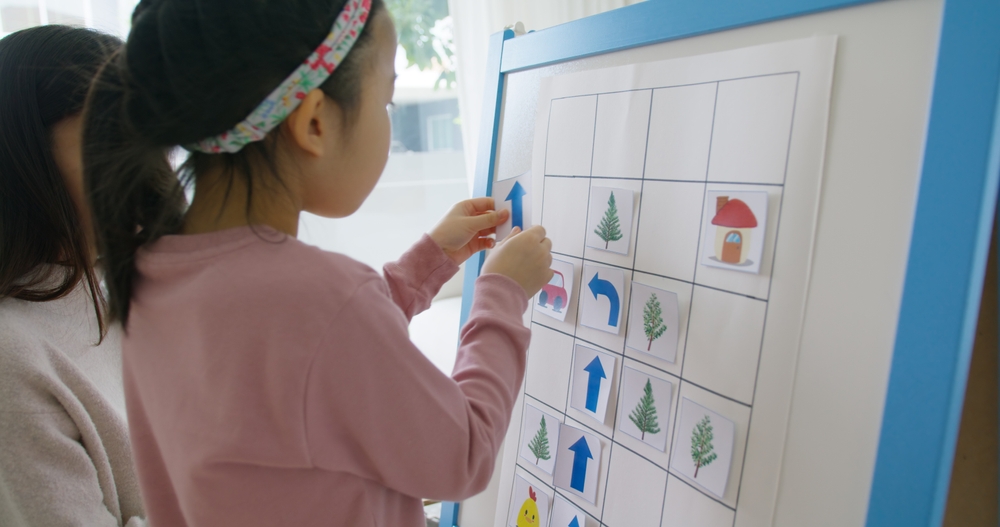STEM HIGH PreSchool
Get In Touch
Monday to Friday: 09:00am – 07:00pm
Sunday: Close
Email:stemhighpreschool@gmail.com
Phone:+91 8050125666
Monday to Friday: 09:00am – 07:00pm
Sunday: Close
Email:stemhighpreschool@gmail.com
Phone:+91 8050125666

Emotional intelligence (EI) is a crucial skill that influences a child’s ability to understand, express, and manage emotions effectively. In today’s world, academic excellence alone is not enough; children need to develop strong emotional intelligence to navigate social situations, handle stress, and build meaningful relationships. Preschool plays a fundamental role in fostering emotional intelligence by providing structured environments where children learn essential emotional and social skills.
In this blog, we will explore how preschool supports emotional intelligence and why it is essential for a child’s overall development.
Emotional intelligence refers to the ability to perceive, understand, manage, and regulate emotions in oneself and others. Psychologist Daniel Goleman popularized the concept and identified five key components of emotional intelligence:
A well-rounded preschool program integrates activities that nurture these components, laying the foundation for lifelong emotional well-being.
Preschool creates a safe space for children to express their emotions. Teachers encourage children to talk about their feelings, whether they are happy, sad, angry, or excited. Through storytelling, role-playing, and discussions, children learn to identify and articulate their emotions, which is the first step toward emotional intelligence.
Example: A teacher may use emotion flashcards to help children recognize different emotions and describe how they feel when experiencing them.
Young children often experience emotional outbursts because they lack self-regulation skills. Preschool teaches children how to control their emotions and reactions through structured activities and positive reinforcement.
Techniques Used:
Example: A child who feels frustrated when losing a game is guided to take deep breaths and try again instead of throwing a tantrum.
Empathy is a vital part of emotional intelligence. Preschool fosters empathy by encouraging children to consider others’ feelings and perspectives.
Activities to Promote Empathy:
Example: A child who sees a friend crying is encouraged to ask, “Are you okay?” or offer comfort, developing compassion.
Preschool is a child’s first real social environment outside of home. It provides opportunities to interact with peers and adults, fostering essential social skills.
Ways Preschool Promotes Social Skills:
Example: When two children want the same toy, a teacher helps them negotiate and take turns instead of fighting over it.
Emotional intelligence also involves handling challenges and failures positively. Preschool helps children develop resilience by teaching them that setbacks are a part of life and can be overcome with effort.
Activities That Foster Resilience:
Example: If a child struggles to build a block tower, the teacher encourages them to keep trying rather than giving up.
Preschools often involve parents in emotional development programs to reinforce learning at home. Communication between parents and teachers ensures that emotional intelligence is nurtured consistently.
Strategies for Parents:
Example: Parents can ask, “What made you happy today?” to encourage emotional reflection.
Developing emotional intelligence in preschool has long-lasting benefits that extend into adulthood. Here are some ways it impacts a child’s future:
Preschool plays a crucial role in fostering emotional intelligence, helping children develop self-awareness, self-regulation, empathy, and social skills. Through guided activities, supportive teachers, and peer interactions, children learn to understand and manage their emotions effectively. By investing in emotional intelligence during the early years, we equip children with the skills they need to succeed in school, relationships, and life.
As parents and educators, we must recognize the importance of emotional intelligence and ensure that preschool environments continue to nurture these critical skills. By doing so, we are not just preparing children for academic success but also for a future where they can navigate life’s challenges with confidence and compassion.
Comments are closed